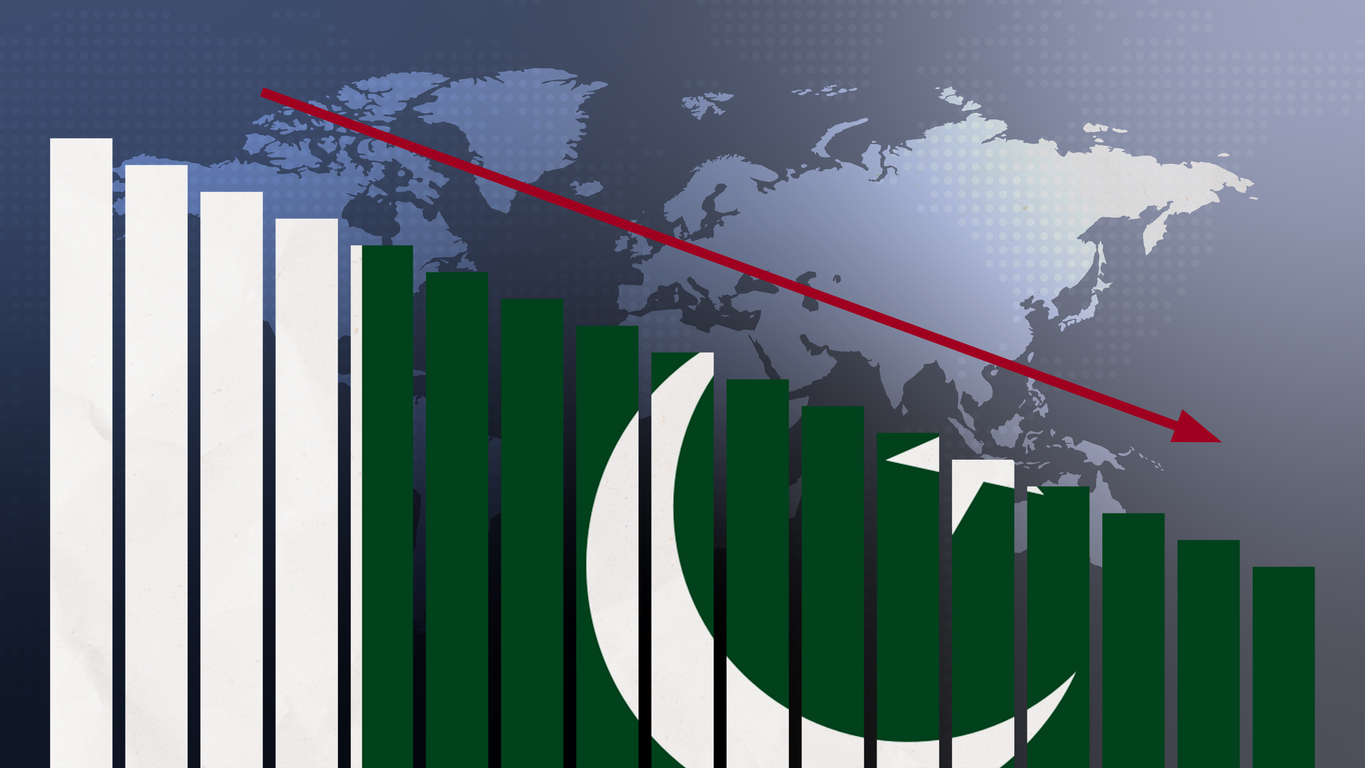
In an era of rapid global change, where nations are striving to carve out sustainable futures for their citizens, Pakistan is stepping up to showcase its vast potential- particularly in sectors like minerals and natural resources. The upcoming 2025 Investment Forum is a key moment for Pakistan to attract global investors and highlight the opportunities that lie within its borders. Unfortunately, voices like that of Mehlaqa Samdani- who recently tweeted urging foreign diplomats to prioritize “human rights and democracy” over engagement with Pakistan’s development agenda- risk casting a shadow over the nation’s hard-earned progress.
Samdani, a foreign national residing outside Pakistan, undoubtedly has the right to express her views. Freedom of expression is a cornerstone of democratic societies. However, with that right comes a responsibility, especially when comments may influence international perceptions of a developing country. Her remarks, however well-intentioned they may appear, inadvertently serve to delegitimize the efforts of millions of Pakistanis who are striving to uplift their communities through economic participation and national growth.
Pakistan today is not the country it was two decades ago. There is an awakening among its youth, a burgeoning spirit of entrepreneurship, and a deep hunger for progress. The government’s efforts to attract foreign direct investment, particularly in the minerals and energy sectors, are aligned with this desire to build a stronger economic foundation. These efforts are not only about money- they are about jobs, livelihoods, and dignity. By casting doubt on Pakistan’s intentions at such a critical juncture, Samdani’s tweet does more harm than good.
There is a growing frustration among Pakistanis with the pattern of distant critics attempting to define national narratives without being connected to the on-ground realities. Constructive criticism is always welcome and, in fact, essential for a healthy democracy. But there is a line between constructive dialogue and projecting external agendas that can hinder progress. When a privileged voice based abroad urges a foreign envoy to focus on critique rather than collaboration, it risks sidelining the aspirations of ordinary citizens working tirelessly for change.
The people shaping Pakistan’s future are grounded in its soil. They understand the complexities of balancing development with governance. They know the hurdles of inflation, unemployment, and energy shortages- not from reports or tweets, but from personal experience. It is their voices that must be prioritized in shaping Pakistan’s direction, not those disconnected by geography or insulated by privilege.
Moreover, as Pakistan takes significant strides to unlock its mineral wealth- with vast reserves of copper, gold, lithium, and other resources- the country is positioning itself as a crucial player in the global energy transition. The upcoming Investment Forum is about presenting this vision to the world. Discouraging engagement with Pakistan at this moment could delay not only economic opportunity for its citizens but also progress on global goals related to clean energy and resource sustainability.
To undermine this momentum is to inadvertently deny Pakistanis the chance to chart their own future. It’s easy to call for human rights and democracy from afar, but these ideals are best supported not through isolation or disengagement, but through inclusive economic partnerships that elevate local capacities. Democracy is strengthened when citizens are economically empowered. Development and rights are not mutually exclusive- they reinforce one another.
Pakistan’s government, civil society, and private sector are all actively involved in dialogues around accountability, transparency, and institutional reform. These are organic, internal conversations that must be allowed to evolve on their own terms. Imposing narratives from outside rarely creates the change that those within truly need.
We must also be wary of the tone of condescension that sometimes accompanies these external commentaries. When someone who is removed from the daily challenges faced by Pakistani families presumes to speak on their behalf, it can feel less like solidarity and more like dismissal. The youth of Pakistan deserve encouragement and recognition for their efforts- not to be told that their country is not good enough for investment or international engagement.
If the objective is to support the emergence of a stronger, more democratic Pakistan, then facilitating its economic transformation through international engagement and investment is not just advisable- it is imperative. Economic development creates the conditions necessary for meaningful civic participation, reduces structural inequalities, and expands access to education, healthcare, and employment. Encouraging diplomatic actors, such as Mr. Erik Meyer, to disengage with Pakistan at this pivotal juncture not only risks stalling momentum, but also misjudges the complex interplay between governance, rights, and economic opportunity. Constructive partnerships that prioritize long-term development are far more effective in strengthening democratic institutions than adversarial postures that risk isolating the very populations they purport to support.
In summation, criticism and debate are indispensable components of a democratic society, but they must be grounded in contextual understanding and aimed at empowerment rather than delegitimization. The long-term dignity and prosperity of a nation lie not in idealized external prescriptions, but in the agency of its citizens to define and pursue progress on their own terms. Pakistan stands at the threshold of transformation. It is incumbent upon both domestic stakeholders and international partners to engage with it in ways that reinforce, rather than undermine, its sovereign efforts toward inclusive development and democratic resilience.
